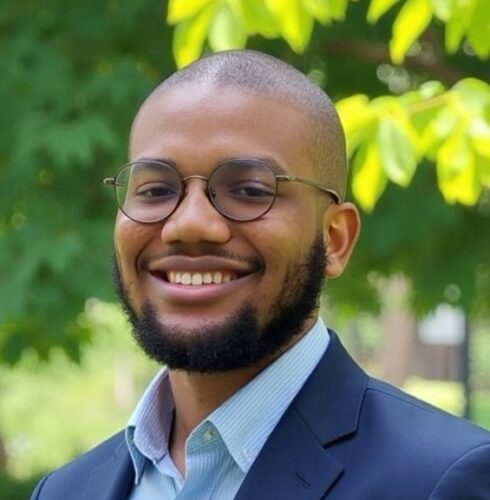Maui's Mental Health Crisis: Wildfire Trauma Exacerbated by Worker Shortage

The devastating wildfires that swept across Maui in August 2023 left an indelible mark on the island and its residents. Beyond the physical destruction, a profound wave of trauma has washed over the community, impacting countless lives. However, a critical challenge is emerging: Maui is facing a severe shortage of mental health professionals to address the urgent and widespread need for support.
The fires, which claimed lives and destroyed homes and businesses, have triggered a complex mix of grief, anxiety, fear, and post-traumatic stress disorder (PTSD) among survivors. Children, in particular, are vulnerable, and the long-term psychological effects of this disaster could be far-reaching if left unaddressed. Many residents are grappling with survivor's guilt, the loss of loved ones, and the disruption of their lives, all while trying to rebuild amidst the rubble.
“The need is immense,” states Dave Fields, a local community leader. “We’re seeing people struggling to cope, and the lack of available mental health services is a significant barrier to healing.” The shortage isn't new, but the wildfires have dramatically amplified the demand, pushing the existing system to its breaking point. Factors contributing to the shortage include a limited number of licensed therapists and counselors on the island, difficulties in recruiting and retaining professionals in a geographically isolated area, and the high cost of living on Maui.
The consequences of this shortage are concerning. Without adequate mental health support, survivors are at increased risk of developing chronic mental health conditions, substance abuse problems, and other long-term health complications. It can also hinder the community's overall recovery and resilience.
Efforts are underway to address the crisis. Organizations like the American Red Cross and various non-profits are providing immediate crisis counseling and support services. Telehealth options are being explored to expand access to care, connecting residents with mental health professionals remotely. However, these are temporary solutions. A sustainable, long-term strategy is needed to build a robust mental health infrastructure on Maui.
This requires a multi-faceted approach. Increased funding for mental health services is crucial, as is incentivizing mental health professionals to relocate to and remain on the island. Training and recruitment programs aimed at expanding the local workforce are also essential. Furthermore, raising awareness about mental health and reducing the stigma associated with seeking help are vital steps in ensuring that all residents have access to the support they need to heal and rebuild their lives.
The road to recovery for Maui will be long and challenging. Addressing the mental health crisis is not just a matter of providing individual support; it’s an investment in the community’s future. Ensuring access to quality mental health care is paramount to fostering resilience, promoting healing, and building a stronger, more supportive Maui for generations to come.






